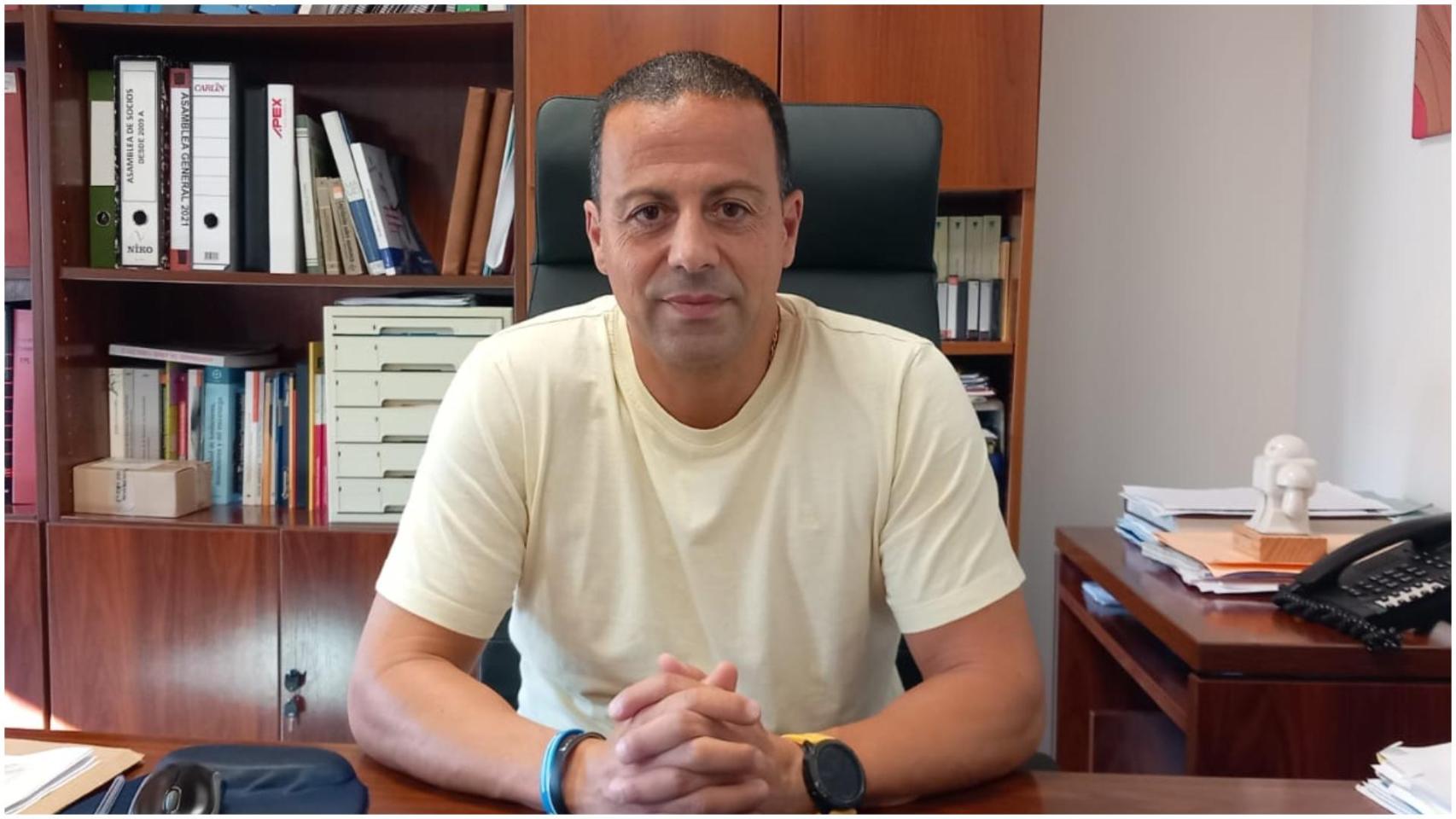He World Cerebral Palsy Day It is celebrated this Sunday focused on the aging of people with cerebral palsy, and the demand for more support for patients and their families or caregivers. Ricardo Iglesias, manager of Aspace Coruñaexplains that these people experience “premature aging”, which increases their care needs and represents a difficult challenge for their families, many of whom are “forced to look for a residence.”
“Age. Decide. Live” is the motto of the campaign launched by Aspace Coruña together with the Aspace Confederation. “We are concerned about the aging process in people with cerebral palsy, which is more premature compared to that of people without disabilities,” explains Iglesias.
According to a study carried out by the Confederation at the state level, “the aging process occurs at 35 years of age in people with cerebral palsy.” At that time the first symptoms appear, such as “decreased motor skills, that is, mobility problems, as well as chronic pain or deterioration of cognitive functions”, which in turn produces an increase progressive dependency.
The aging process occurs at age 35 in people with cerebral palsy
So much so that 73.5% of people over 35 years of age cared for by Aspace “have level three of dependency, which is the highest degree reflected in the Dependency Law.” “This data tells us the great support needs that people in the group have“, indicates the manager of the entity.
This aging process also has specific consequences in the case of women, who “Menopause comes earlier than women without disabilities”. This causes them to begin early to develop problems associated with this vital moment, such as osteoporosis.
“There is no 24-hour help”
If people with cerebral palsy age, so do their caregivers, who in many cases are family members who are in their care. “If they are 40 years old, their families are 65 or 70, They have less and less strength and cannot care for them“says Iglesias, which, added to the increase in dependency, makes it very difficult for families in many cases to give the person the care they need.
This situation forces many families to take their children or relatives to a residence against their will. “There are families who agree to take them to a residence, but there are others who They are forced to look for one because they are not able to serve them, and many times it is a traumatic situation,” he laments.
And home help is in many cases insufficient, since “there is no help 24 hours a day, seven days a week”, Therefore, “the figure of the personal assistant or support assistant” becomes very important. In this sense, the work of entities such as Aspace is also essential, where “we serve people with cerebral palsy, but also their families.”
“We have to fight for these resources so that families who wish to do so can delay their family member’s entry into a residence,” says Iglesias.
Specific care for the elderly
For this, Aspace demands that the Xunta de Galicia “an increase in attention ratios”, with “more caregivers, monitors and more workshops.” As well as “better coordination between health and social matters”, so that the health system also knows how to respond to the specific needs of people with cerebral palsy.
“It is very important that Health also takes these things into account,” says Iglesias, since there are problems that “appear earlier in people with disabilities, or that are more aggravated.” Also, remember that “older people need other careother spaces, because when we get older we no longer have the same desire to do things, or the same strength as when we were 20 years old.
To this end, Aspace Coruña is now working on a project to “build new convivial units with larger and more comfortable spaces“so that the people who are there have greater freedom and autonomy and can do “a little of what their body also asks of them.”
It is very important that families and users continue to have contact with their parents, their mother or their siblings or other relatives.
“If in the morning they go to therapy, in the afternoon, if they don’t want to go to activities, they can go connect to the Internet, read a book, be quiet talking with their friends… and We don’t have to have a fixed schedule. from the moment they get up until they go to bed. We have already seen that there are many who do not want that,” says Iglesias.
In addition, in the residence itself they enabled a space called “Family meeting place” which is “like a mini apartment where there are sofas, a table, a television, a refrigerator, a coffee maker…” so that families who go to visit their relatives “have a comfortable place, a place separate from the residence, more intimate, so that they can spend as much time as they want with their family member.
It is one of the measures adopted by the entity to “facilitate family contact”, because “it is very important that families and users continue to have contact with their parents, their mother or their siblings or other relatives.”
